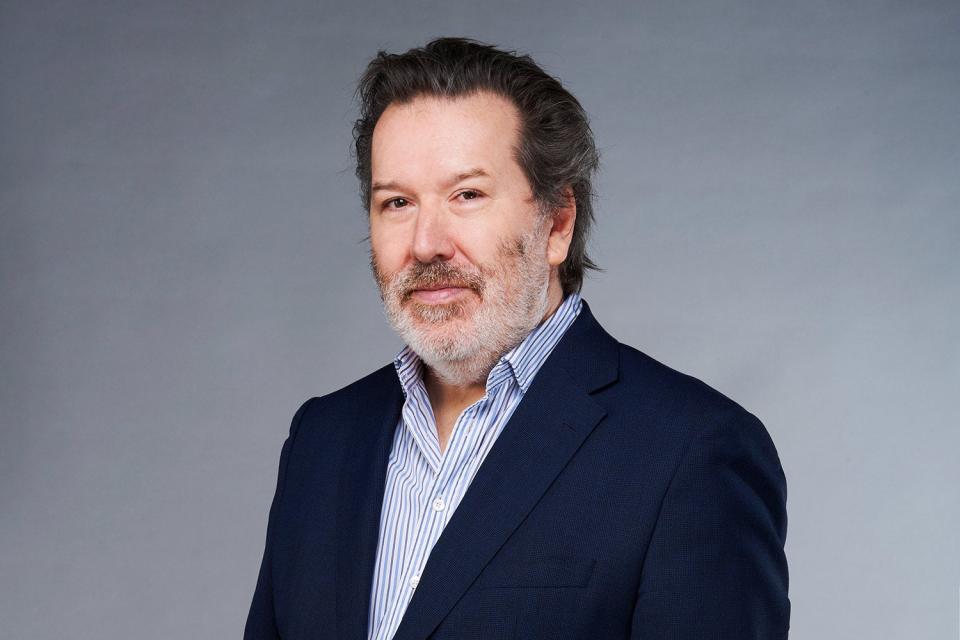Despite what central bankers say we’re right to worry about inflation

Is it Inflation: The Sequel? Admittedly, some movie follow-ups fall flat on their respective faces, full of hype but with little critical or commercial success (anyone for Jaws II, The Two Jakes or The Godfather III?). Others, however, resonate perhaps even more powerfully than the original (The Empire Strikes Back, The Godfather II).
Last week, the antennae of those who are paid to worry about inflation began to twitch more than usual. The US inflation rate jumped to a 13-year high of 4.2 per cent. Admittedly, this is still nothing like the rates seen in the mid-Seventies when some of the aforementioned films were first released. Nevertheless, the outcome was a lot racier than market pundits had anticipated. Worse, so-called “core” prices (excluding the rather bumpy food and energy components) rose 0.9 per cent in April alone, the largest such gain since 1981 when Chariots of Fire was released.
There are plenty who believe that the recent inflationary up-tick will peter out in a few months. Chief among them are the world’s central bankers. When oil prices rise — as they have done in response to the easing of lockdown restrictions — so does inflation. But once they stabilise — as they surely will in the absence of an OPEC embargo of the kind that triggered the 1973 oil shock — inflation, too, will level off. “Move on, nothing to see here” is the central banker’s mantra.
Except that, in truth, there’s actually quite a lot to see. Companies are increasingly complaining about shortages, both of people and components. In the US, there’s growing evidence of what might loosely be described as “skills mismatches” — far fewer people are losing their jobs than was the case earlier in the pandemic — on its own, very good news — but those who are already unemployed are struggling to find new work. Unable to return to their old jobs in the airline industry or tourism, they lack the experience and qualifications to find work elsewhere and are thus unable to influence wages in other parts of the economy. The last time we saw a combination of labour shortages and relatively high unemployment was in the inflationary Seventies.
Semiconductors — or microchips to you and me — are in short supply. Without them, much of the modern world wouldn’t be able to function. Last year, many car makers cancelled orders for chips, anticipating a very slow post-Covid recovery in demand. The chip makers turned to other customers, particularly those making the consumer electronics we’ve all purchased during the pandemic to keep us entertained.
With lockdowns ending, and car makers discovering that demand is stronger than they’d feared, there aren’t enough chips being produced to meet demand, pushing prices higher. The situation hasn’t been helped by Chinese chip “hoarding” in anticipation of tougher US trade sanctions. Then there’s the strange reality of Covid. Some parts of our interconnected world are reopening thanks to the roll out of successful vaccine programmes but, as India’s unfolding tragedy shows all too clearly, not all.
Businesses have spent the last few decades constructing complex supply chains based on the best global combination of labour costs, logistics and legal protection: as consumers, we’ve benefited from lower prices both in the shops and online. It’s a lot more difficult to rely on such complexity in current circumstances, one reason why there’s so much talk about bringing production “back home”, with inevitable increases in production costs and, hence, selling prices.
Alongside all this, our policymakers are keeping the monetary and fiscal sluices wide open. Interest rates are at rock bottom and finance ministries — notably the US Treasury — are borrowing like there’s no tomorrow. For many years, economists complained that there simply wasn’t enough stimulus. Today, they’re beginning to wonder whether there’s too much.
As with the early-Seventies, it may be that the economic rules of the game have changed. The pandemic has lowered both demand (temporarily) and supply (perhaps permanently). Globalisation is in reverse gear. Investors are fretting over the possibility of higher inflation. These are the kinds of conditions in which policymakers make mistakes, wedded to a version of the world that may no longer exist. As the police chief didn’t say in the original Jaws (in his defence, he was dealing with a big fish, not an unusually high inflation rate), “you’re gonna need a bigger rate increase”.
Stephen King is HSBC’s senior economic adviser and author of Grave New World

 Yahoo Sport
Yahoo Sport 





































